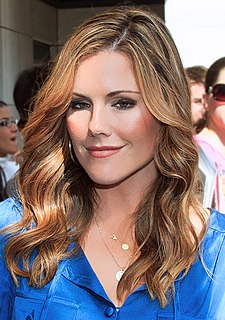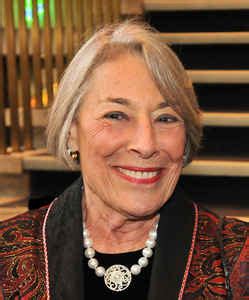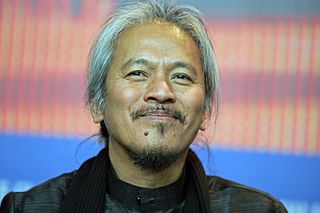A Quote by Julian Baggini
I'm not one of these people who is sour about academia. I'm very lucky not to be in academia, but I am an absolute parasite. While I was writing my book on comparative philosophy I was drawing on some fantastic scholars - university based people. The academy is absolutely necessary, but there should also be a role for those bringing it together. It's such a frustration sometimes.
Related Quotes
There is this tremendous body of knowledge in the world of academia where extraordinary numbers of incredibly thoughtful people have taken the time to examine on a really profound level the way we live our lives and who we are and where we've been. That brilliant learning sometimes gets trapped in academia and never sees the light of day.
Academic writing you have to get right. Fiction you have to get plausible. And there's a world of difference. In a way, if someone says this didn't feel exactly right, I don't care. But that is not okay to do in academia - it's not about feeling. You want to establish a pretty solid case. So did this allow me to express things differently? Absolutely. Another thing I've been thinking about as an academic: our writing style is expository, and in fiction, withholding information matters quite a bit. Withholding things in academia - there's no place for that!
My father, Benjamin Shiller, told me not to believe in authorities or celebrities - that society tends to imagine them as superhuman. It's good advice. People are snowed by celebrities all the time. In academia people have this idea of achieving stardom - publishing in the best journals, being at the best university, writing on the hot topic everyone else is writing about. But that's what my father told me not to do. He taught me that you have to pursue things that sound right to you.
You would hope that coworkers who are dating can act professionally. But then again, some people can handle it, and some people can't. And those who can't kind of ruin it for the rest of us. Sometimes it's hard to be around an office relationship that went sour. When two actors have to be onscreen together, it can get really, really awful.
Liberals are not about choice; they are about imposition. The way they live, the way they believe, must be imposed on people, otherwise they won’t do it on their own,” he added. “It’s taken them 50, 60 years to get to this point of conditioning people, of taking hold of the education system, the university, academia system, the media. It’s taken a long time to condition people not to stand up for themselves, not to exercise freedom, not to speak outside the acceptable norms. What is political correctness but speech censorship, is all it is.
I don't know what has caused this reawakening in academia. Obama? The GOP's assaults on science and on patients? Jon Stewart? I'm not at all sure. I just know I don't feel nearly as alone in academia as I used to. I'm feeling increasingly surrounded by fellow Ph.D.'s and by M.D.'s who seem to be taking a lot of things personally.
My books are based on the "what if" principle. "What if you became invisible?" or "What if you did change into your mother for one day?" I then take it from there. Each book takes several months in the long process of writing, rewriting, writing, rewriting, and each has its own set of problems. The one thing I dislike about the writing process is the sometimes-loneliness of it all. Readers only get to see the glamour part of a bound book, not some of the agonizing moments one has while constructing it.



































